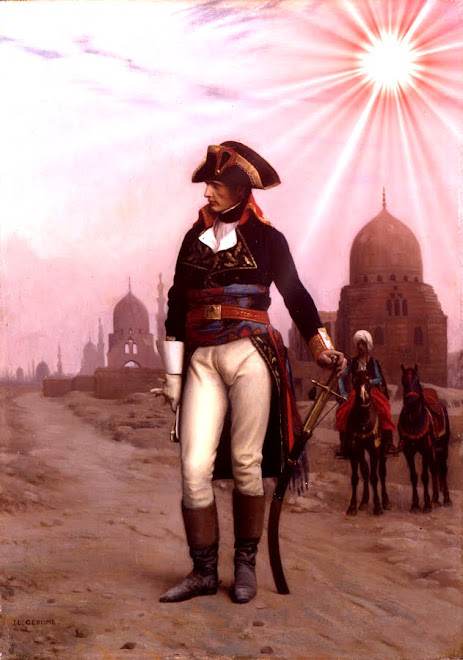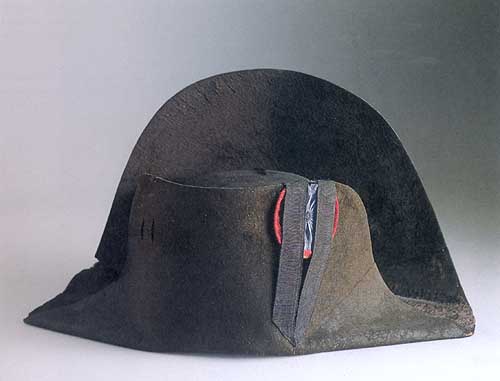 |
| The Evening of Waterloo by Earnest Croft (1879) |
I would start with one of the best memoirs I have ever read - Sergeant Bourgogne's account of the great retreat from Moscow in 1812. Bourgogne's experiences are so tellingly written that you can almost feel the snow between your fingers and the icy wind blasting the back of your neck.
Bourgogne was in the Imperial Guard and along with his best friend Picart, he faced one nightmare after another on the infamous retreat and saw everything from frozen corpses to evidence of cannibalism. But despite everything, his faith in his Emperor never wavered and his own personal bravery was beyond question. If you only ever read one account of the 1812 campaign - make it this one.
Bourgogne's experiences show that the human spirit can surmount every obstacle and even in the depths of despair - lost in the frozen wastes of Russia - he kept faith with himself - and survived.
 |
| Borodino 1812 by Peter vonHess (1843) |
Another soldier is also worthy of mention. Jean-Roch Coignet was born a peasant and did not even learn to read and write until he was well into his Thirties. He was taught by members of his own regiment. His incredible adventures as a boy almost defy comprehension. As a small child he had a tug of war with a large wolf - a prize sheep being the trophy being torn between them. He was abandoned by a cruel stepmother straight out of Disney central casting and ignored by his wastrel father who sired innumerable bastards in the locality.
Coignet was rescued by a kind horse trader and helped his protector supply the French Army with remounts. Eventually his love of adventure got the better of him and he joined up himself. The rest as they say - is history, written by Coignet himself. He served in Poland in 1807, Austria in 1809, Russia in 1812 and at Waterloo in 1815. This smallest member of Napoleon's Imperial Guard played a big part in many battles and was on very friendly terms with the Emperor himself. He noticed Napoleon as he took great care of the wounded - of all sides. He knew the real Napoleon.
Of particular fascination is Coignet's account of the aftermath of Waterloo. He took part in the rout but discovered that once back in Paris a whole new French Army was regrouping south of the Loire. Marshal Davout refused Napoleon the 117,000 men in reserve as well as the services of new recruits. The French had more men than the victorious but separated and isolated troops under Wellington and Blucher. The Prussian cavalry was actually repulsed before Paris but then traitors like Fouche took charge and denied Napoleon political support. As the former Emperor headed for the coast and a hoped-for exile in America, Coignet and thousands of other French soldiers eager for revenge were held back by Marshal Davout - formerly Napoleon's most loyal subordinate. Waterloo was far from being the sole cause of Napoleon's downfall.



No comments:
Post a Comment